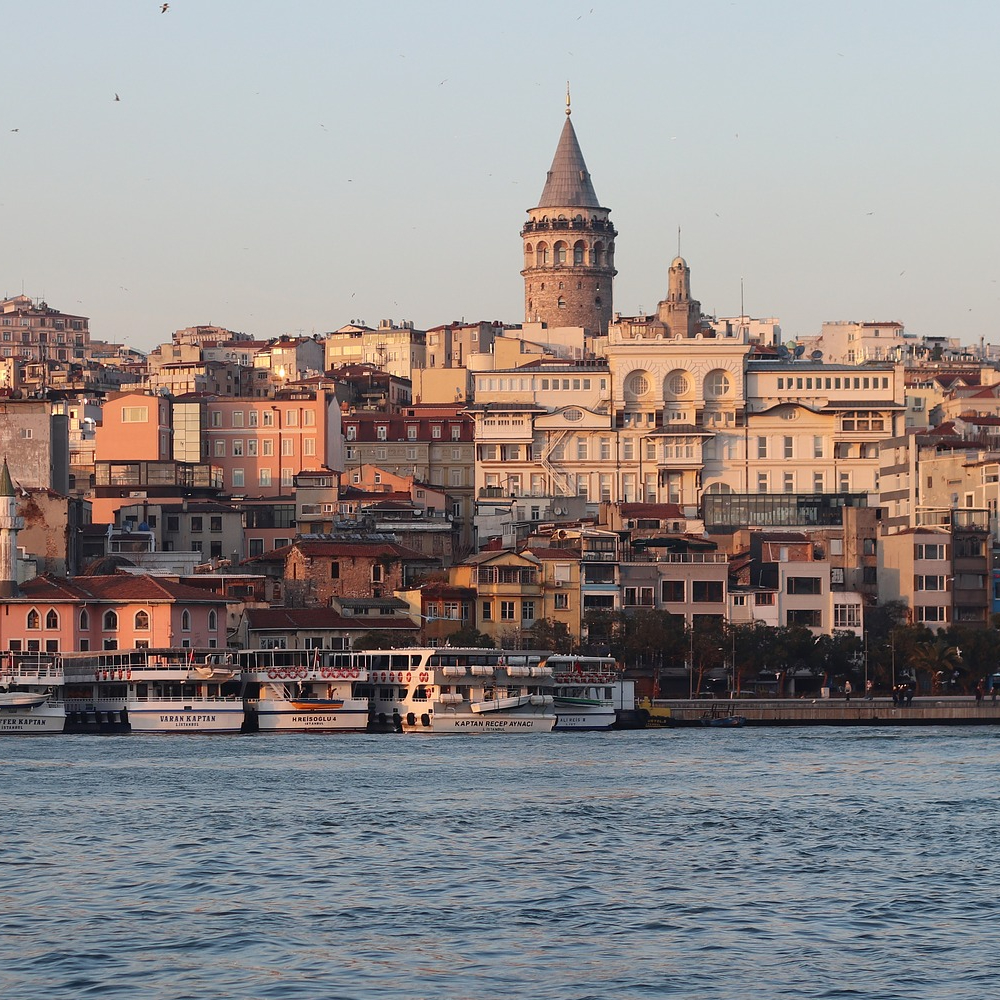Published:
With inflation among the highest in the world, Turkey is on the brink of an economic crisis concerning the dispute between Russia and Ukraine. Key economic contributors such as natural gas, oil, and tourists from Russia and Ukraine are relied upon by Turkey. The possible Russian invasion of Ukraine poses a major threat to Turkey’s already fragile economy.
According to Turkey’s central bank, Ukraine accounted for 9% of the monthly tourists in 2021, and Russia accounted for 17%. Russia makes up roughly 34% of the country’s natural gas imports. Oil prices have rocketed to an eight-year high, the most probable catalyst for immediate inflation ascension. From 2017 to 2021, Turkey’s inflation has risen annually by 7.78%, 11.14%, 16.33%, 15.18%, and 12.28%, respectfully. The exchange rate of Turkish currency per one United States Dollar has increased from 3.026 TRY in 2016 to 8.900 TRY in 2021.
Tourism was a significant part of the Turkish government’s plan for economic recovery after the global pandemic limiting tourism; The tension between Russians and Ukrainians led to Turkey accommodating tourists while maintaining peace. This hit to a significant revenue source threatens the economy amidst the upcoming Turkish elections in 2023.
Turkey’s President Recep Tayyip Erdogan has offered to act as a mediator between Russia and Ukraine. Turkey attempts to remain neutral and diffuse the dispute with its country’s best interest in mind. An anonymous London-based banker who closely monitors Turkey explains this concept by stating, “A Russian incursion or, worse still. A full-scale invasion would add further price pressure on commodity inputs, which would only spur more inflation.”
After the news of the Russian military movements today, we can expect more and more consequences worldwide of these endeavors.
File under






